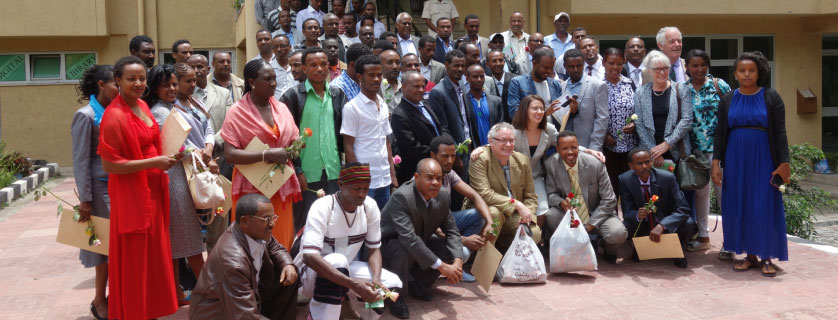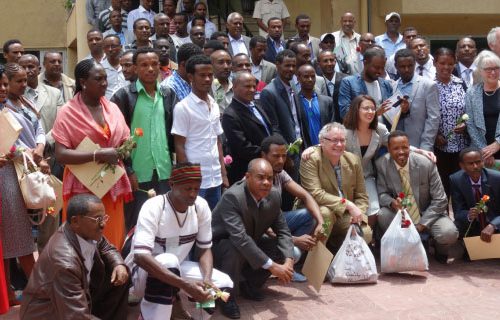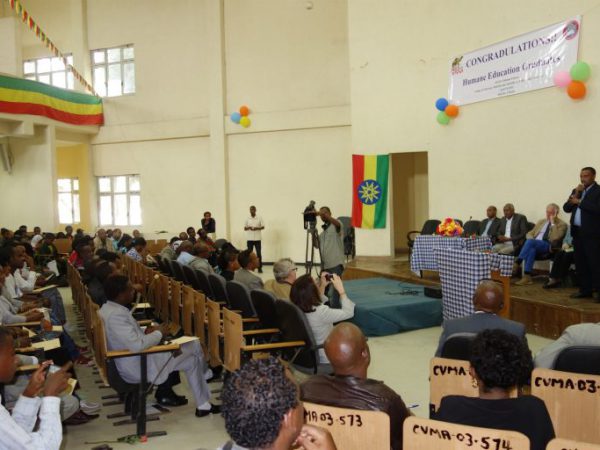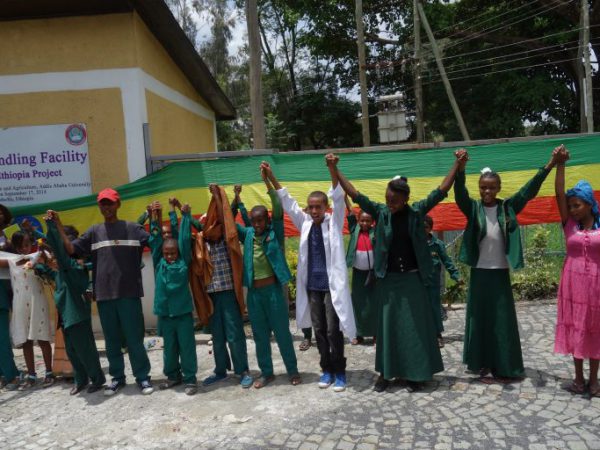You may also be interested in
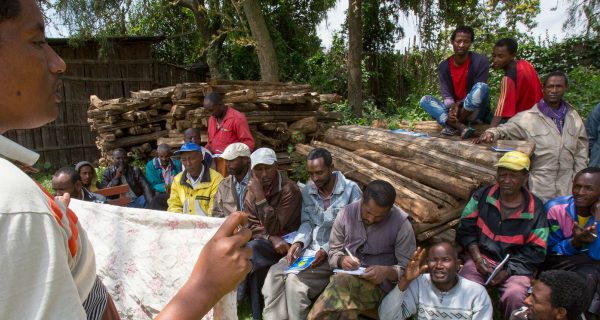
Community training in Ethiopia
Our Community Training Advisor visited Ethiopia to train Community Training Officers and working animal owners.
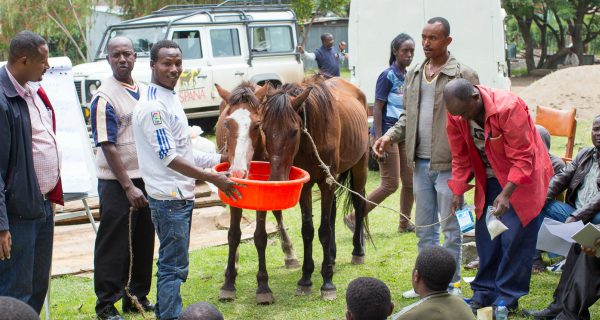
Tackling malnutrition with training
Despite gruelling workloads, many of the working animals SPANA vets treat are suffering malnutrition.

Community training in Ethiopia
Our Community Training Advisor visited Ethiopia to train Community Training Officers and working animal owners.

Tackling malnutrition with training
Despite gruelling workloads, many of the working animals SPANA vets treat are suffering malnutrition.

